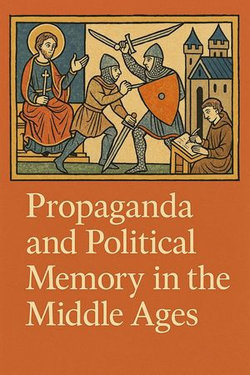The Middle Ages were a time when the past was not simply a record of events but a tool for the living to shape their identities, construct authority, and secure legitimacy. Memory, in its various forms, was both sacred and political. It was closely tied to power structures, from the divine to the earthly. The medieval concept of memory, or memoria, was central not just to the preservation of knowledge but to the exercise of power itself. By controlling memory, medieval rulers, bishops, and writers could control not just the past, but the present and future. This book explores the ways in which memory operated as a form of power in medieval society, particularly through saints' lives, epic tales, and monastic chronicles, and how these narratives were used as political propaganda.



Share This eBook: